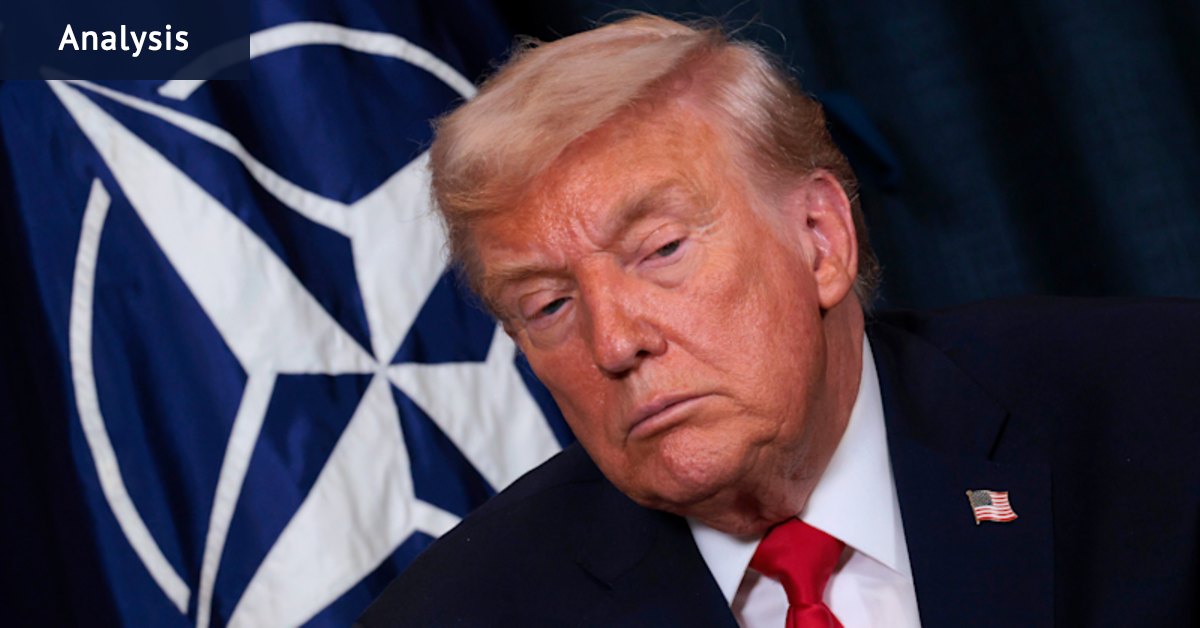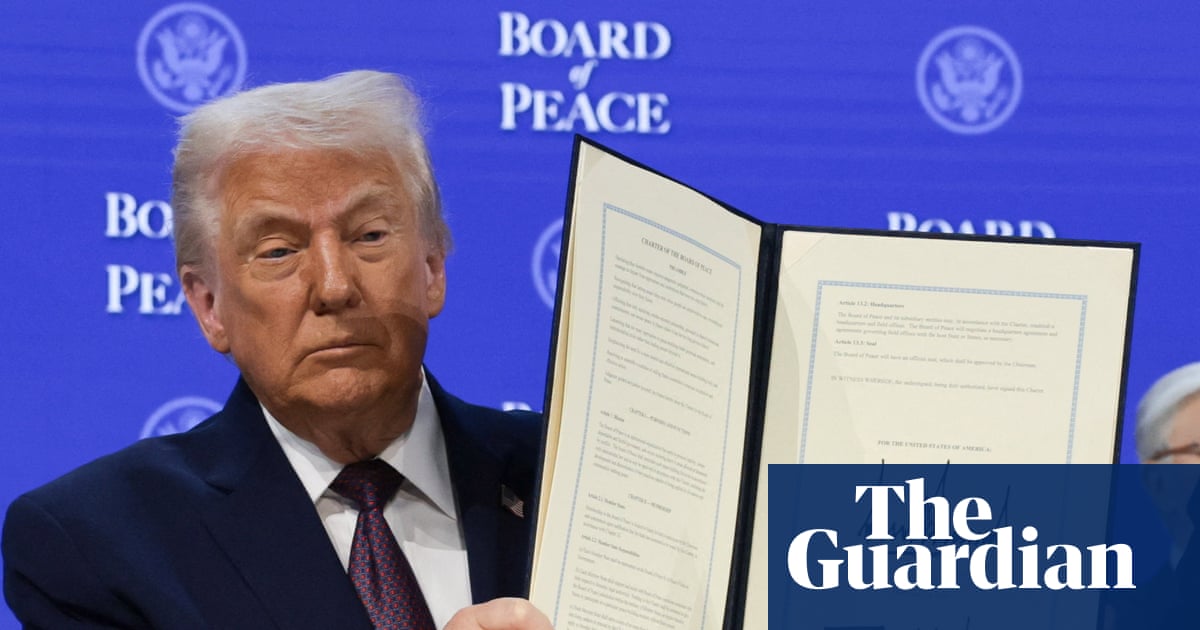
Allegations that two suspected Chinese spies were operating within Britain’s parliament sent shockwaves across Westminster and the United Kingdom in 2023. However, the case took a dramatic turn when charges against the two men were unexpectedly dropped last month, leading to widespread surprise and scrutiny.
The British government has since faced intense criticism, with detractors accusing Prime Minister Keir Starmer’s administration of being overly cautious about straining relations with China. This article delves into the intricacies of the case and the reasons behind its controversial collapse.
Background on the UK Chinese Spying Case
Christopher Cash, a former director of the China Research Group think-tank, and Christopher Berry, a researcher for a senior Member of Parliament, were arrested by British police in March 2023. They faced charges under the 1911 Official Secrets Act (OSA) in April 2024, accused of passing politically sensitive information to a Chinese intelligence agent known as “Alex.”
Both men have consistently denied any wrongdoing, and China has dismissed the case as a fabrication. The Crown Prosecution Service (CPS) dropped the charges on September 15, citing that the case no longer met the required evidential threshold.
Reasons Behind the Case’s Collapse
Since the charges were dropped, the Labour government has been accused by the Conservative Party of undermining the prosecution to maintain favorable economic ties with China. Opposition leader Kemi Badenoch described the situation as “unbelievable,” suggesting it was a “cover-up” orchestrated by government ministers.
Critics have particularly targeted Britain’s National Security Adviser, Jonathan Powell, due to alleged connections with China. However, the Labour government has refuted these claims, asserting that Powell had no involvement in the evidence-related decisions.
“Suggestions that the government concealed evidence, withdrew witnesses, or restricted the ability of witnesses to draw on particular bits of evidence are all untrue,” UK Security Minister Dan Jarvis stated in the House of Commons.
Prime Minister Starmer emphasized that the decision to drop the case was made independently by the CPS and denied allegations of government interference to prevent potential economic repercussions from China.
Legal and Political Implications
The crux of the issue lies in the interpretation of the OSA, a law originally enacted to counter German espionage before World War I. The law criminalizes the communication of documents that could benefit “an enemy.”
At the time of the charges, the UK government had labeled China as an “epoch-defining challenge” but stopped short of officially declaring it a threat. This ambiguity became pivotal when London’s Court of Appeal ruled in a separate case that an “enemy” under the OSA must represent a current threat to national security.
The CPS sought further evidence from the government to substantiate that China was a threat at the time of the alleged offenses. The government provided statements from a deputy national security adviser, which did not confirm China as a national security threat. These statements are set to be released, as announced by Prime Minister Starmer.
“The case did not proceed because the policy of the past government did not meet the test that was necessary,” Starmer explained in parliament.
Future Implications and Analysis
The release of the statements may not resolve the controversy, as legal experts argue that both the government and CPS might have misinterpreted the situation. They question why the CPS, having initially found sufficient evidence to charge the men, required additional proof post the Court of Appeal’s decision, which seemingly clarified the definition of an “enemy.”
Despite these complexities, the government faces criticism for its apparent reluctance to publicly acknowledge China as a threat, potentially to avoid diplomatic fallout. The UK government has since replaced the OSA with the 2023 National Security Act, which aims to address the loopholes highlighted by this case.
As the debate continues, the implications of this case extend beyond legal interpretations, touching on the delicate balance between national security and international diplomacy. The outcome may influence future legislative and diplomatic strategies, as the UK navigates its relationship with China and other global powers.







